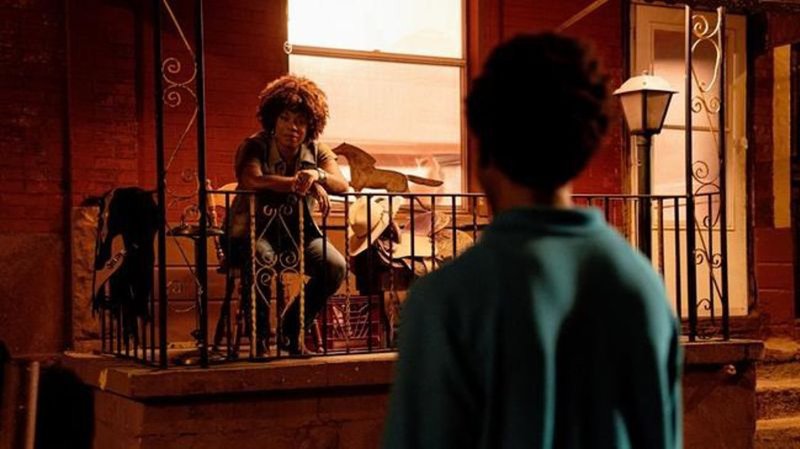
‘Concrete Cowboy’ shows Philadelphia’s Black cowboy culture
NEW YORK — Historians estimate that 1 in 4 American cowboys were Black but you would be hard pressed to find a movie genre whiter than the Western. “Concrete Cowboy,” an urban Western about African American riders in Philadelphia starring Idris Elba, is about an often unseen — and persisting — Black cowboy culture.
“Concrete Cowboy” is a father-son drama set around Fletcher Street Stables, one of the oldest and last-remaining of Philadelphia’s hardscrabble inner-city stables. It dates back more than 100 years to when horse-drawn wagons were used to deliver produce, laundry and milk. But through tenacity and improvisation, Fletcher Street has remained a cherished refuge and an ardent pastime for both kids and adults on the streets of Philadelphia’s Strawberry Mansion.
“That’s a tough neighbourhood but if you’re on top of horse, people literally look up to you,” says Gregory Neri, author of the novel “Ghetto Cowboy,” the basis for the film directed by Ricky Staub.
Neri first heard about the stables in 2008 when a friend sent him a link to a Life magazine article about Fletcher Street.
